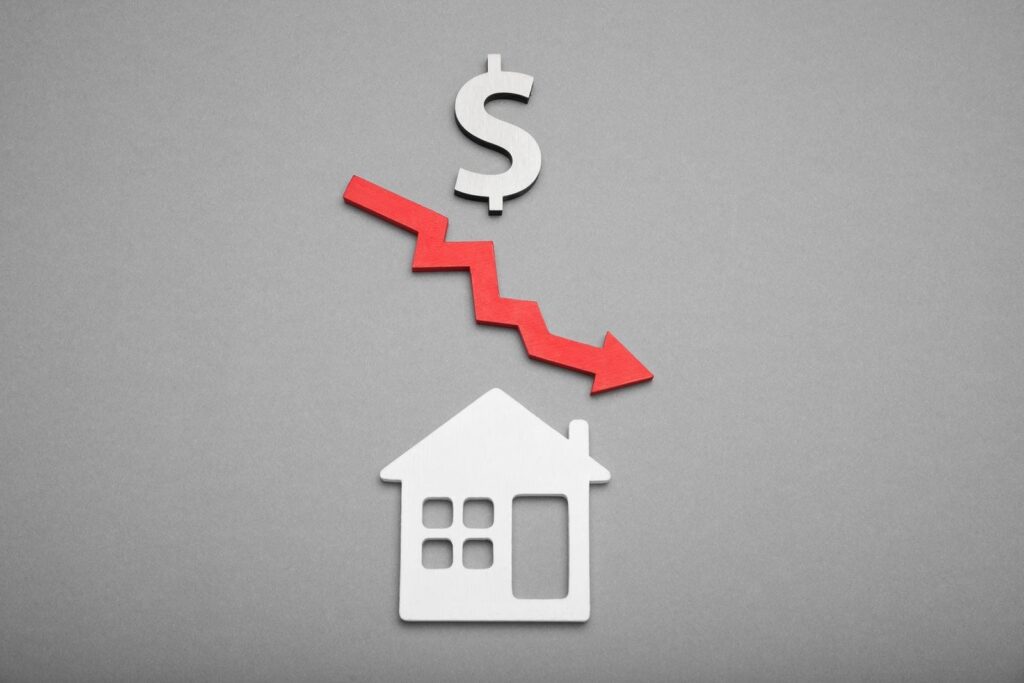When it comes to personal finances, everyone seems to have a different opinion.
Whether you are listening to your coworker, a podcast by a financial guru, or your uncle at Thanksgiving dinner, there’s debated topics everywhere. I wanted to break down what I believe are the 4 most highly debated personal finance topics so you can be better educated next time you come across one.
Buying a house vs. renting
It’s not uncommon that I hear “renting is a waste of money. Buy a house as soon as possible.” The reality is…making rent payments may not feel great because you’re “throwing away money,” but oftentimes the potential benefits of renting are overlooked. Renting can be a great option for people who:
- Don’t plan on living in one spot for multiple years
- Don’t have a strong emergency fund savings
- Don’t want to deal with the maintenance and headaches of home ownership
- Need a lower monthly payment commitment
The reality is that buying a house can be expensive. You need money for down payment, closing costs, ongoing maintenance, property taxes, insurance, etc.
Making the decision to rent can oftentimes beneficial because you have a much better idea what your out-of-pocket costs will be. It can also saves you a lot of time and effort by not having to deal with issues around your property.
On the other hand, home ownership can be a great option when it comes to settling down, raising a family, and building equity in an asset that you plan on holding long term.
“Debt is bad, pay it down fast.”
What should you do if you have debt? Should you pay it all down before you start saving? Or start saving while paying down your debt?
The reality is that there are two categories of debt: good debt vs. bad debt
Examples of good debt: mortgage, car, home equity loan
Typical characteristics of bad debt: consumer debt (credit cards), other high interest rate debt
The answer is not ALWAYS pay off your debt ASAP.
For example, let’s say that you have low interest rate debt. If you choose to put more money towards paying this down, you’re losing out on other opportunities with this extra money.
Why not consider saving into a high yield savings where you can earn a higher interest rate?
Why not consider investing* for growth potential?
You need to consider all the opportunities for your money.
Debt may not feel good, but you might be much better off using your money elsewhere in the long run.
Permanent vs term life insurance
Have you heard this debate before? As an advisor talking with people about their money every day, I either see people who don’t know anything about this topic or are extremely opinionated about it.
When you purchase life insurance to provide a death benefit to your beneficiaries outside of your employer, there are generally two main types that you can choose from: term or permanent coverage.
A term policy is a life insurance policy that only covers you for a specified number of years, usually ranging from 1 year to 30 years, provided premiums are paid. After the period is over, your coverage/contract ends.
On the other hand, there is also permanent coverage. This policy exists for your entire life (if the premiums are paid). It also typically builds up a cash value component, which is funds within the policy that you can access while you’re alive**. Since these policies have these added benefits, they typically have higher premiums.
One group of people believe that term insurance is the correct way to go. Keep your premiums lower and let the coverage expire once your family is grown up.
Another group of people believe that the added benefits and permanent nature of permanent insurance make it the better option.
The reality is that both have their time and place.
Term coverage can be a great option for your families who need to keep a close eye on their expenses. While permanent coverage can be a good fit for someone who wishes to leave a legacy to their family and for estate planning purposes.
Just like most things, there is no right or wrong answer. They are both tools that should be used as appropriate based on personal needs and objectives..
Pre-tax vs. Roth***
When it comes to saving money for retirement, this is another highly debated topic.
Whether you have a 401k, 403b, IRA, or another type of retirement account…should you choose the pre-tax or Roth option?
Most people have heard of “pre-tax” or “Roth,” but admittedly don’t know exactly how they work.
Let’s first start with pre-tax:
When you contribute to a “pre-tax” retirement account, you receive a tax deduction for the money you put into your account.
For example, if you make $100,000 salary and you contribute 10% into your pre-tax 401k, this would lower your taxable income by 10% (or $10,000), so it looks like you earned $90,000 of income. Therefore, you end up owing less in taxes this year.
The tax deduction is a great benefit. But you must realize that since the money you contributed into your account was not taxed, you will owe ordinary income taxes on this money and any accumulated earnings when you withdraw it from your account in the future. If you make a withdrawal before you reach age 59 ½, a tax penalty may apply.
On the other hand, “Roth” works the opposite way.
If you contribute to a Roth retirement account, you are contributing after-tax dollars into your account. This means that you do NOT receive a tax deduction for putting money in. However, when you withdraw from your account in retirement, you will not owe any taxes on the money that you take out. If you make a withdrawal before retirement (prior to age 59 ½ and owning the account for 5 years), the earnings portion of the withdrawal will be subject to ordinary income tax and a tax penalty may also apply.
A Roth can be beneficial if you believe you’ll be in a higher tax bracket in the future than you are today.
Essentially this means you’ll pay the taxes today to have tax free withdrawals in your future.
So, which is the right option?
It really depends.
And remember, it’s not always an “or” question, but rather an “and” question. Sometimes a combination of both might make a lot of sense.
Splitting up your contributions provides you with tax diversification.
At the end of the day, tax planning is not about paying the least amount of taxes this year, but rather, paying the least amount of taxes over your entire lifetime.
Well, there you have it…four of the most common financial debates I hear from clients daily.
I hope that reading this provides you with more clarity and a stronger understanding when you think about these decisions in your personal life.
*Investments involve risk and may lose value.
** Access to cash values through borrowing or partial surrenders will reduce the policy’s cash value and death benefit, increase the chance the policy will lapse, and may result in a tax liability if the policy terminates before the death of the insured.
***Subject to contribution limits established yearly by the IRS. Must meet income limits to be eligible to make Roth contributions.
CRN202707-6578310


